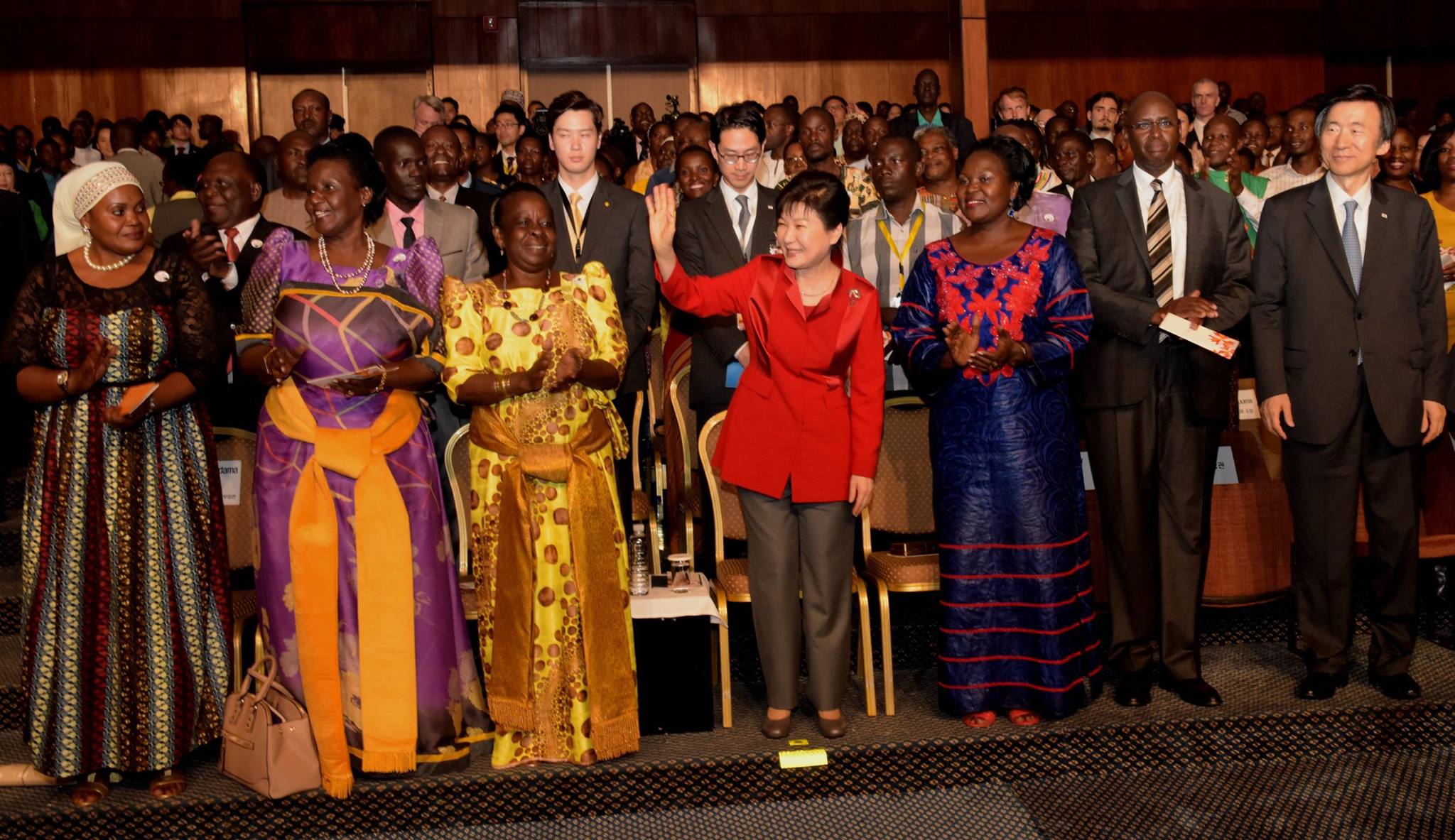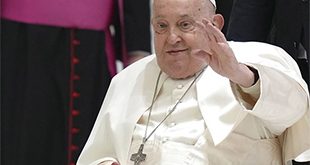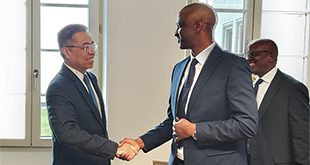
Seoul, South Korea | AFP |
South Korean President Park Geun-Hye on Monday called for constitutional reforms that could allow future presidents to serve two terms — as she struggles with plunging popularity ratings and a widening corruption scandal.
While its constitution grants enormous power to the executive, South Korea is one of the only economically advanced liberal democracies to restrict the presidency to a single five-year term, with no possibility of re-election.
The limit was set back in 1987 as South Korea transitioned to democracy after decades of military rule, and sought to pre-empt any return to extended periods of authoritarian control.
Critics say the cap has outlived its use and rendered the executive office perpetually unstable, allowing little time or motivation for consensus building as presidents push hard on legacy issues with no concern about re-election.
During a televised parliamentary address on Monday, Park called the current constitution outdated and said the government should begin discussion to lay the groundwork for its reform.
Legal straight-jacket
“The constitutional five-year single term presidency may have been appropriate in the past during democratisation,” Park told lawmakers.
“But now it has turned into a jacket that does not fit.”
Without mentioning a specific agenda, Park said she would set up a government committee to push through a constitutional revision before the end of her term in early 2018.
Her presidential office stressed that there was no possibility of Park herself running for a second term.
“Under the current constitution, the revision will not apply to the current president,” presidential spokesman Kim Dong-Jo said.
The proposal was something of an about-turn for Park, who had previously labelled opposition calls for constitutional reform as a “black hole” that would paralyse the government.
Opposition lawmakers questioned whether the president was looking for a high-profile issue that would deflect attention away from an ongoing corruption probe that threatens to taint the final year of her administration.
“We have been calling for constitutional reform so such discussion is necessary, but we are curious why she suddenly changed her stance,” the main opposition party said in a statement.
Corruption probe
South Korean prosecutors are currently investigating two of Park’s close aides over allegations that they leveraged their relationship with the president to strong-arm conglomerates into multi-million dollar donations to two non-profit foundations.
South Korean media reports have suggested the foundations were set up to finance Park’s activities after she leaves office.
Park has denied any wrongdoing and ordered a thorough probe and “stern” punishment for anyone involved in illegal activity.
Never one to miss an opportunity to attack Park, North Korea has weighed in on the “ruling crisis” — accusing Park of “hideous corruption and irregularities.”
Chang Young-Soo, a professor of law at Korea University in Seoul, also questioned whether Park’s push for constitutional reform had wholly “pure” motives, but added that change was long overdue.
“The issue has dragged on for the past 10 years, so whatever the motive, it is good if they can actually get it done,” Chang said.
 The Independent Uganda: You get the Truth we Pay the Price
The Independent Uganda: You get the Truth we Pay the Price


